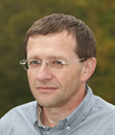
Vladimir Benes
EMBL Heidelberg
Germany
EMBL Course
Genomic and proteomic approaches have enabled breakthrough advances in the understanding of chromatin biology. This course attempts to integrate these omics approaches to understand the principle of chromatin operation and its biological relevance. Using a murine embryonic stem cells as a tractable model system, this course aims to analyse the composition and variation of chromatin components using antibody and small molecule tools, and the “epigenetic landscape” at key time points following the induction of cellular differentiation.
During the 5 days of the course we will teach how murine stem cells can be differentiated into neuronal progenitors, how specific antibodies and small molecule drugs can be used to enrich for chromatin loci by ChIP- and Chem-seq approaches and how Mass Spectrometry and Next Generation Sequencing read-outs can be used to identify proteins and DNA associated with transcriptionally active chromatin. Combined with the experimental part, a series of lectures given by academic and industry experts in the field will expand the topic of chromatin players and the use of small molecule probes to understand chromatin biology.
This course is aimed at PhD students and post-doctoral researchers who seek to assess chromatin reorganization and/or are working in the field of neuronal development.
After this course participants should be able to:

EMBL Heidelberg
Germany
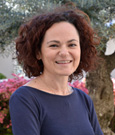
European Institute of Oncology
Italy

GSK
United Kingdom
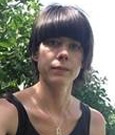
Cellzome/GSK
Germany
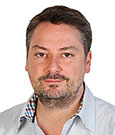
EMBL Heidelberg
Germany
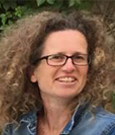
Cellzome/GSK,Cellzome/GSK
Germany
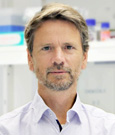
German Cancer Research Center (DKFZ)
Germany

EMBL Heidelberg
Germany
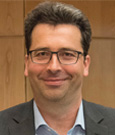
German Cancer Research Cente (DKFZ) and the Bioquant Center in Heidelberg
Germany
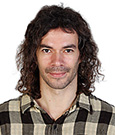
EMBL Heidelberg
Germany
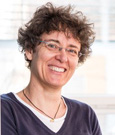
University of Freiburg
Germany

EMBL Heidelberg
Germany
Cellzome/GSK
Germany

EMBL Heidelberg
Germany

EMBL Heidelberg
Germany

EMBL Heidelberg
Germany
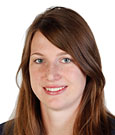
EMBL Heidelberg
Germany

EMBL Heidelberg
Germany

EMBL Heidelberg
Germany

Cellzome/GSK
Germany

EMBL Heidelberg
Germany

Cellzome/GSK
Germany

EMBL Heidelberg
Germany

EMBL Heidelberg
Germany
Date: 2 - 6 Sep 2019
Location: EMBL Heidelberg